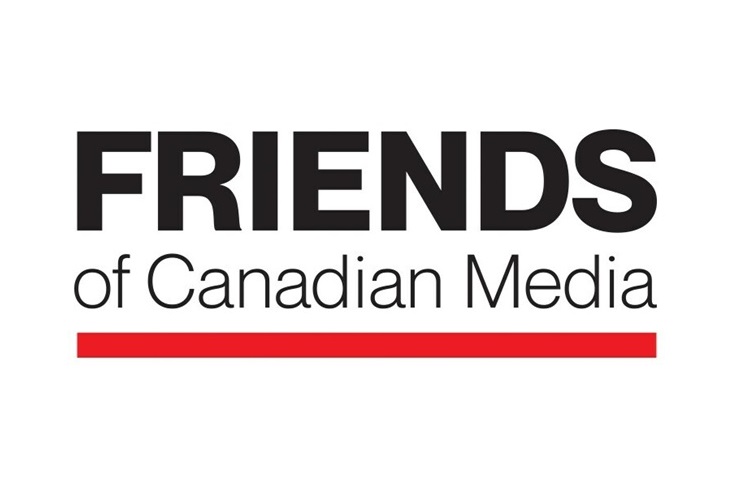
Six years after Friends of Canadian Broadcasting (recently renamed as Friends of Canadian Media) raised the flag on a federal tax loophole that allows Canadian businesses to claim tax deductions for advertising on foreign digital media such as Facebook and Google, the not-for-profit organization is bringing attention to the issue again through a new study that claims more than $13 billion in ad revenues are being extracted from the Canadian economy annually due to the tax loophole.
While Canadian businesses can claim the cost of advertising on foreign digital media as a tax deduction, they can’t do the same for their advertising spend on foreign broadcasters — thus the loophole. The original purpose of eliminating the deductibility of ad expenses on foreign newspapers, periodicals and broadcasters – which came through amendments to Canada’s Income Tax Act (ITA) starting in the 1960s — was to incentivize advertisers to choose Canadian alternatives, Friends explains in its new study, Close the Loophole! The Deductibility of Foreign Internet Advertising.
The Canada Revenue Agency (CRA) uses an outdated definition of “broadcasting”, which allows for the tax deductibility of advertising on foreign internet-delivered media, Friends says, adding a new interpretation is needed now that the Online Streaming Act has included online undertakings — foreign and domestic — in its definition of what is considered to be a broadcasting undertaking.
“By adopting the definition of broadcasting under the current Broadcasting Act, foreign online undertakings could be deemed ‘foreign broadcasting undertakings’ for the purposes of the ITA, with the consequence that advertisements placed with foreign online undertakings directed primarily to a market in Canada would not be deductible expenses,” Friends says in its study paper.
“Advertising is a critical source of financing for Canadian media companies, and we should be doing everything we can to repatriate the billions of dollars in ad revenues being gobbled up by foreign companies,” Marla Boltman, Friends of Canadian Media’s executive director, said Tuesday in a press release.
“It’s imperative that we close this loophole, and financially incentivize companies to invest their ad dollars in Canadian media companies to support Canadian news, programming and jobs,” Boltman added.
In a report published in March 2018 and presented to the Standing Senate Committee on Transport and Communications in May of that year, Friends said Canadian advertisers spent an estimated $6.2 billion on internet advertising in 2017, and closing the advertising tax loophole could result in a potential gain in corporate tax payable of $1.3 billion.
In its new study, Friends now says foreign internet advertising revenues were approximately $13.1 billion in 2022 — representing more than two-thirds of all Canadian advertising revenues — and assuming an average corporate tax rate of 26 per cent (15 per cent federal, 11 per cent provincial), if only 50 per cent of foreign internet advertising would retain advertising deductibility, the gain in corporate tax payable would be $1.7 billion.
“Foreign digital media services have gone from garnering one-third of all Canadian advertising revenues to over two-thirds since the first study,” said Peter Miller, author of the updated report, “and trends suggest that the loss of Canadian media advertising share is accelerating.”
In a report ahead of the federal government’s Budget 2024, the Standing Committee on Finance recommended introducing tax measures that would ensure Canadian media are not deprived of advertising revenues, Friends points out in its press release.
Specifically, the committee’s Recommendation 213 says: “Introduce tax measures to incent businesses to advertise with private sector Canadian news outlets and bring fairness to the different tax treatment of advertising purchased from foreign websites to ensure media organizations are not deprived of revenues.”
“Canadians expect and deserve decisive action on this issue, and we strongly urge the Minister of Finance to adopt the Committee’s recommendations,” Boltman said.



